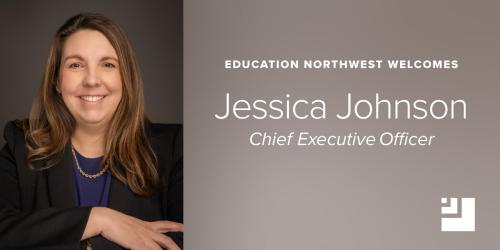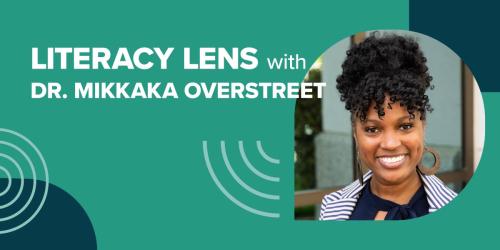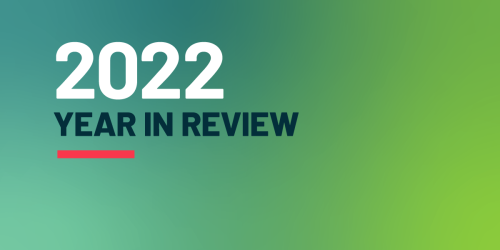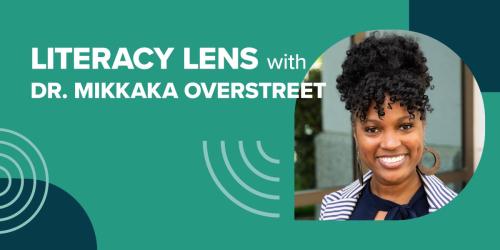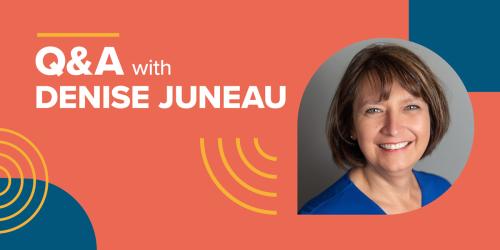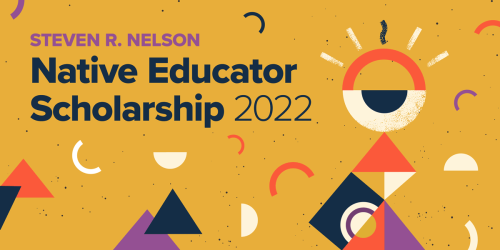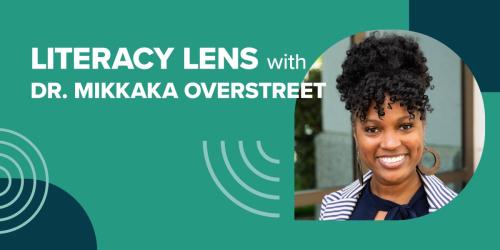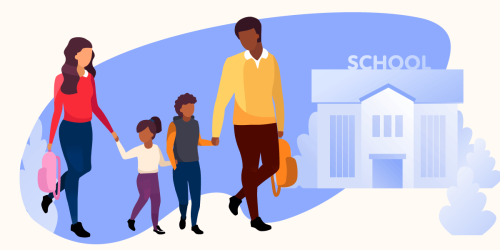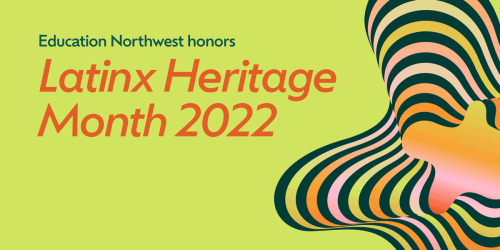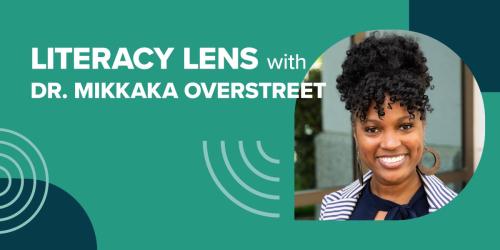Senior researcher Ming Yin brings a diverse set of skills, knowledge, and experiences to her new role at Education Northwest.
Education Northwest’s Board of Directors is excited to share that it has appointed Jessica Johnson as the organization’s next chief executive officer.
All students benefit from access to a diverse and inclusive literature. Dr. Overstreet looks at the concept of books as both windows and mirrors.
We are proud to partner with organizations across the country in pursuit of excellent and equitable education for all. Join us as we reflect on a few highlights from the past year.
Dr. Overstreet explores the power of literacy instruction that deliberately and authentically connects to students’ diverse cultural identities and real-life experiences.
Education Northwest Senior Fellow and former Montana State Superintendent Denise Juneau talks about the lasting legacy of Indian Education for All and the power of culturally responsive education.
Meet the 2022 Nelson Scholars, a group of Native educators working to infuse traditional knowledge into our schools.
The second installment in Dr. Mikkaka Overstreet’s new literacy blog looks at the crucial role school leaders play in supporting the implementation of evidence-based literacy practices.
Education Northwest announces it has been awarded $5 million over five years to lead a collaborative effort establishing a Washington Statewide Family Engagement Center.
Music plays a powerful role in the lives of Latine college students, as uncovered by Education Northwest’s Marbella Uriostegui and a team of researchers.
The first in a brand new monthly series, this post shines a light on the connection between literacy and equity and why the beginning of the school year is a chance to start fresh.
Have you taken a tour of our new website? With redesigned, content-rich pages, we invite you to discover how we can support you in using evidence to solve educational challenges and improve learning.
This month, Education Northwest has much to celebrate as we welcome eight new team members from six different states!
Accountability indicators contained within the federal Strengthening Career and Technical Education for the 21st Century Act have a profound effect on career and technical education (CTE).
Learn, teach, and celebrate the diversity of Asian American and Pacific Islander culture, history, and heritage.

